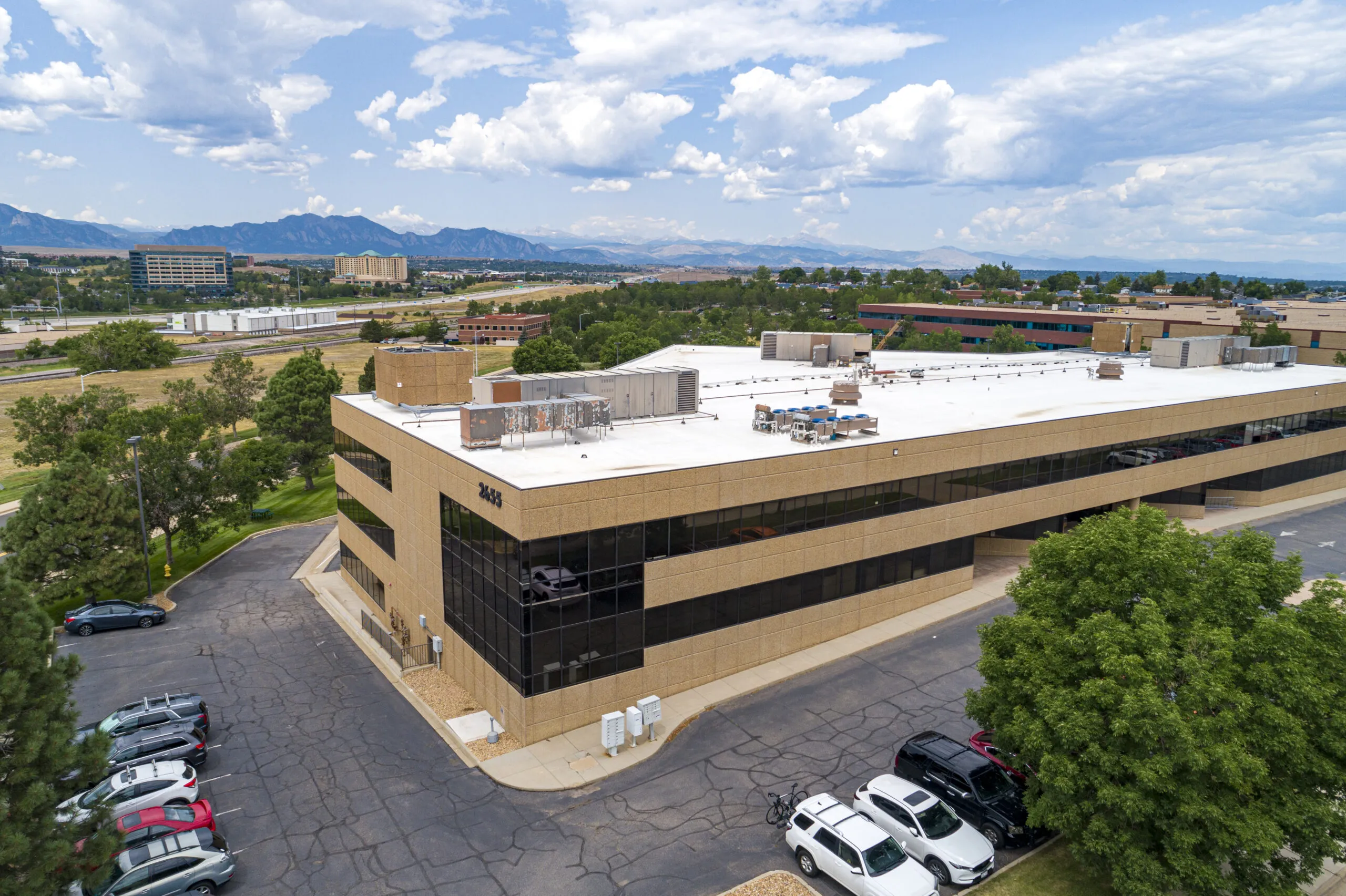Mixed results for Boulder area commercial real estate
BOULDER — The outbreak of COVID-19 was nearly three years ago, but the Boulder-area commercial real estate market is still digesting some of its lingering impacts.
That’s especially true in the office subsector, Becky Gamble, CEO of the brokerage Dean Callan & Co., told BizWest. Office buildings in certain Boulder County markets — notably, downtown Boulder — are experiencing historic vacancy rates with no owners facing obvious mechanisms to reverse the trend.
“It’s a period of uncharted waters,” Gamble said. “… The combination of COVID and tech [that has enabled working from home] has resulted in the demand for office [space] to…
THIS ARTICLE IS FOR SUBSCRIBERS ONLY
Continue reading for less than $3 per week!
Get a month of award-winning local business news, trends and insights
Access award-winning content today!




